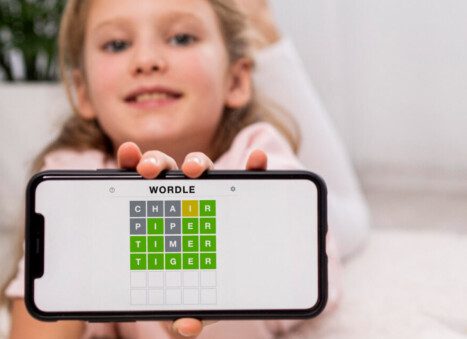
Higher Education Options For Students With Speech And Language Impairments
Speech and language impairments are hard enough to navigate in high school. Students struggle to complete certain assignments and may feel socially isolated. Because of these challenges, students who struggle with speech and language may feel like college is but a distant dream for them. Regardless of their intelligence and competency, they may have justifiable concerns about going away to school.
In this article, we look at what resources are commonly available to students with language impairment. We also discuss how students can advocate for themselves and connect with a larger community of people who have similar impairments.
Know Your Options About Language Impairments
Almost all schools have resources for students with speech and language impairments. Reasonable disability accommodations are enshrined into law. However, the word “reasonable” can be somewhat flexible, and even universities that want to do as much as possible for their students may be limited by resources and opportunities.
Students with any form of disability— especially those who feel they will need accommodations—should study up on what resources their school has available. While there will be a minimum threshold for accommodations everywhere, some schools will have more than others. These differences could have a significant impact on the student’s entire educational experience.
Contact the Student Disability Office
If your students are interested in learning more about what resources a school has, they should contact the student disability office. These are the people they will most likely be working with on campus to secure whatever accommodations they need.
Some accommodations may be small and straightforward. They may advocate on the student’s behalf to teachers to ensure that they are able to submit oral assignments in written form.
Depending on the extent of your speech and language impairments, they may even be able to connect the student with physical tools that make speech easier. This could include things like Augmentative and Alternative Communication (AAC) tools, like computers or tablets uploaded with voice augmentation software that makes it easier to communicate.
Of course, these resources are more expensive, which also means that they may be more difficult to obtain depending on where the student decides to go to school. Make sure that the students you are working with have a good idea of what resources will be available to them before they formally select their future school.
Speech and Language Impairments Clinics
Universities often have speech and hearing clinics directly on campus. Of course, this isn’t a universal feature of university life, but the bigger your school, the more likely it is that the university you pick will have one.
These clinics serve as a great opportunity to continue getting speech therapy assistance even once you go away to school. They are usually conveniently located— a mere walk away— and are provided for free or at a reduced cost to students.
The Classroom Experience
Of course, the classroom experience will be shaped by the extent of the student’s impairment. It is important to have your students imagine classroom life in a way that is realistic to their situation.
That said, most students will find that their college classroom life is not significantly different from that of their high school experience. The primary difference is that at universities, they will be their own advocate. Chances are that no one will swoop in from the administration to make sure that the student gets what they need.
Speak with your students about what steps they will need to take to secure their legally enshrined rights as a student with a disability. Usually, there is no problem. Most college professors are more than happy to work with students who reach out to them.
The Role of High School Guidance Counselors Play
School guidance counselors always want to be both encouraging and realistic with students. When it comes to helping kids with speech and language impairments make decisions about their future in higher education, this isn’t so hard to do.
As you can see, the opportunities that will be awaiting them are robust. Students with disabilities are protected on campus. This means that your students will have things waiting for them no matter what.
As you sit down in your office to discuss options, think of it more as an opportunity to help the student figure out how to get the most bang for their buck. Encourage them to think about what sort of accommodations they might want as they enter university life. Then, give them resources that will help them figure out how to secure those accommodations.
As a side note, your student may be able to find support outside of the school itself. Many online groups provide resources, support, and general information to students with speech or language impairment.
Some of these groups are social, providing college students with an opportunity to get together online to discuss their challenges and triumphs. Others are more focused on tackling logistical challenges or providing advocacy opportunities.
These resources should be available to your students no matter where they decide to go to school. There are many ways for people with speech and language impairment to thrive once they get to university. As a high school guidance counselor, it is your exciting opportunity to help point them in the right direction.
Read Also:
Already have an account?
Sign In
Create your account
User added successfully. Log in









